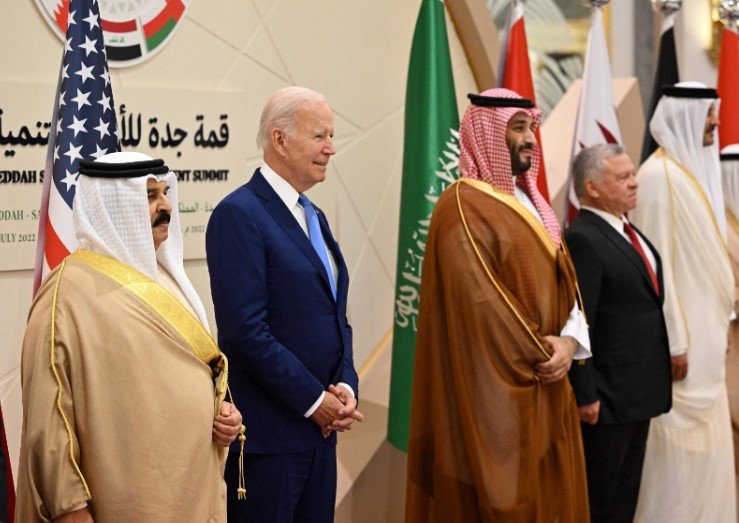Arab and Muslim leaders met in Doha on September 15, 2025, to discuss a deadly Israeli strike on Hamas officials in Qatar. The emergency summit urged countries to review diplomatic and economic ties with Israel amid rising tensions in the Middle East.
Summit Sparks Urgent Talks on Regional Ties
Leaders from nearly 60 countries gathered at the joint Arab League and Organisation of Islamic Cooperation session. This meeting came right after Israel’s attack last week, which targeted Hamas members during ceasefire discussions in Doha.
The strike killed several people, including aides to top Hamas figures. Qatar called it an act of state terror, prompting the quick assembly of officials.
Many saw the timing as no accident. It fell on the fifth anniversary of the Abraham Accords, which normalized relations between Israel and some Arab states.
Attendees included representatives from the United Arab Emirates, Bahrain, and Morocco. These nations signed the accords in 2020 and sent senior officials instead of their top leaders.

Key Statements Demand Action Against Israel
The summit’s joint statement pushed for strong measures. It called on all states to use legal and effective steps to stop Israel’s actions in Gaza and beyond.
One major point was reviewing ties with Israel. This includes diplomatic and economic relations, as well as starting legal proceedings.
The statement also suggested coordinating to suspend Israel’s UN membership. Leaders stressed unity to protect Palestinian rights.
Iran’s president warned that any Islamic capital could face similar attacks. He urged a collective response to prevent more strikes.
Qatar’s emir chaired the meeting and denounced the attack. He vowed to keep pushing for ceasefire efforts despite the incident.
Global Reactions Highlight Divisions
US President Donald Trump commented on the event. He stated Israel would not strike Doha again, aiming to ease fears.
However, some experts doubt quick changes. Past summits have led to strong words but little action.
Social media buzzed with opinions. Posts on platforms like X showed mixed views, from calls for peace to demands for tougher stances.
News outlets reported on the potential impact. Some noted how this could stall Abraham Accords expansions, like talks with Saudi Arabia.
- Countries with Israel ties: UAE, Bahrain, Morocco, Egypt, Jordan.
- Summit goals: Review relations, legal actions, UN suspension.
- Key concern: Protecting Gaza ceasefire talks.
Implications for Middle East Peace
The attack has shaken regional stability. Qatar has hosted Hamas leaders for years as part of mediation efforts.
This strike marks a bold move by Israel outside its borders. It raises questions about future talks and safety in neutral spots.
Analysts predict short-term tension but possible long-term shifts. Some Arab states may pause normalization efforts.
Economic ties could suffer too. Trade deals under the Abraham Accords might face reviews.
| Aspect | Before Summit | After Summit |
|---|---|---|
| Diplomatic Relations | Normalized with several Arab states | Calls for review and possible cuts |
| Economic Ties | Growing trade and investments | Potential boycotts or suspensions |
| Ceasefire Efforts | Ongoing in Doha | Vowed to continue despite attack |
| UN Involvement | Israel as member | Push to suspend membership |
Challenges and Future Outlook
Enforcing the summit’s ideas will be tough. Not all countries agree on how far to go against Israel.
For example, nations like the UAE value their ties for security and business reasons. They may resist full breaks.
The event ties into broader conflicts. Recent Gaza fighting and Iran tensions add layers of complexity.
Experts suggest watching for real steps in coming weeks. Will legal actions start, or will talks fade?
This summit shows growing frustration. It could lead to new alliances or deeper divides in the region.
What do you think about these developments? Share your views in the comments and spread the word to keep the conversation going.
